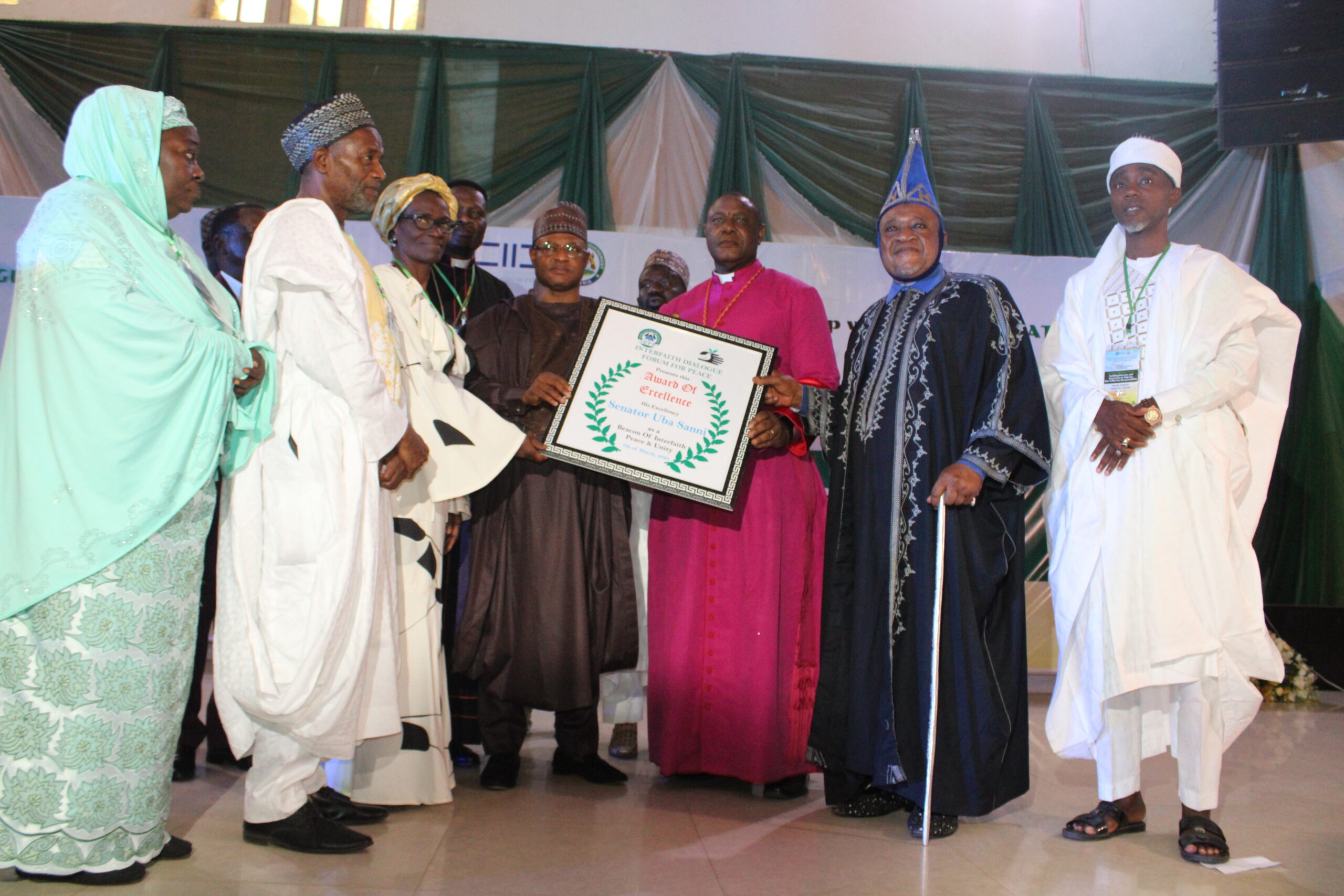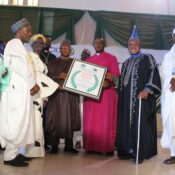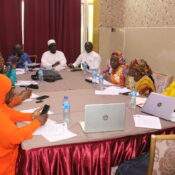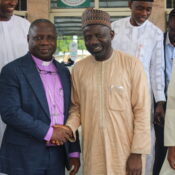Introduction: The 6th Annual Interfaith Peace Conference convened on March 7th, 2024, at Hotel Seventeen in Kaduna, Kaduna State, under the theme “Tackling Poverty and Insecurity in Nigeria: Our Collective Responsibility.” The conference aimed to address pressing issues affecting Nigeria and devise strategies for sustainable peace and development.
Attendees and Dignitaries: The conference attracted a diverse array of attendees, including esteemed dignitaries, religious leaders, government officials, and members of civil society. Notable figures present included His Excellency, Senator Uba Sani, the Executive Governor of Kaduna State, and Dr. Hadiza Balarabe, the Deputy Governor of Kaduna State. Additionally, prominent religious leaders such as Arch Bishop Buba Lamido and Prof. Ibrahim Na’iya Sada graced the occasion.
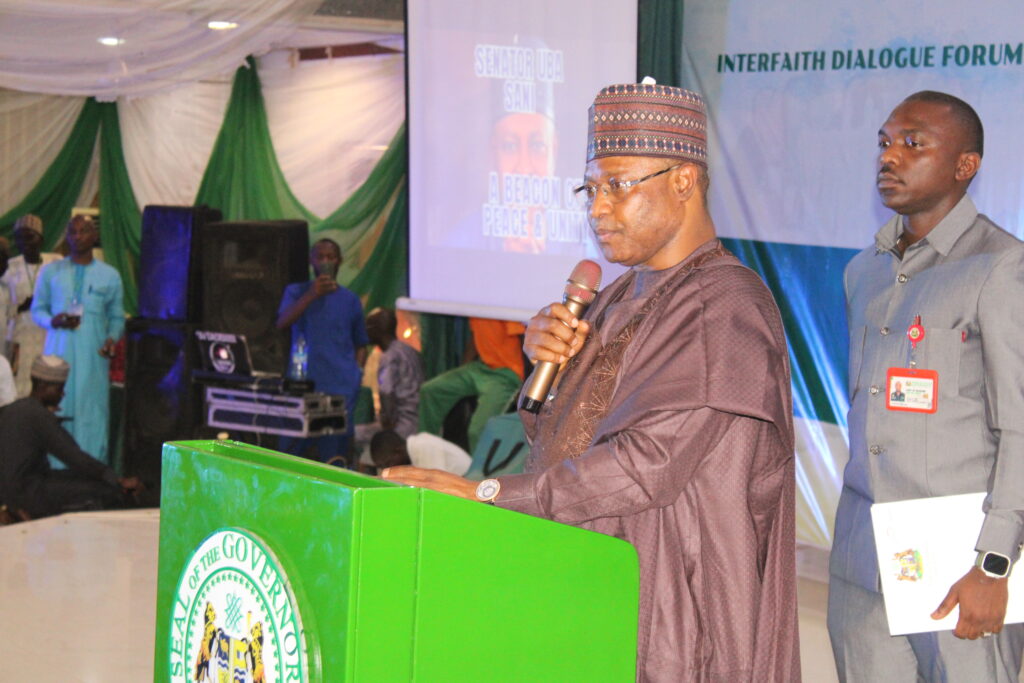
Key Discussions and Resolutions: The participants engaged in robust discussions and deliberations on the theme of poverty and insecurity. Recognizing the pervasive impact of these challenges on Nigerian society, they formulated key resolutions to address them effectively.
- Promotion of Interfaith Dialogue: Participants emphasized the importance of fostering mutual understanding, tolerance, and respect among religious communities through interfaith dialogue.
- Community Engagement: Initiatives promoting constructive engagement and bridge-building between diverse groups were encouraged to address societal divisions and promote unity.
- Empowerment and Education: Strategies promoting education, skills development, and economic empowerment at the grassroots level were advocated to build resilient communities capable of addressing poverty and insecurity.
- Wealth Creation: Authorities were urged to prioritize wealth creation and implement policies focusing on financial literacy, entrepreneurship, and employability training.
- Tailored Programs: Tailored programs addressing local needs and aspirations were recommended to uplift individuals and communities, reducing vulnerability and promoting stability.
- Government Action: Government authorities were called upon to prioritize the protection of lives and property through proactive measures to combat crime, terrorism, and insurgency.
- Addressing Systemic Issues: Holistic approaches addressing underlying systemic issues such as corruption and socio-economic inequality were advocated for sustainable peace and development.
- Good Governance: Good governance, equitable resource distribution, and inclusive policies prioritizing vulnerable segments of society were highlighted as crucial for sustainable peace and development.
- Utilization of Technology: Participants emphasized the deployment of modern technology and the creation of community policies to effectively tackle poverty and insecurity.
Conclusion: The 6th Annual Interfaith Peace Conference concluded with a renewed commitment to promoting peace, prosperity, and justice in Nigeria. Participants expressed optimism in overcoming the challenges of poverty and insecurity through dialogue, cooperation, and concerted action.
Moving Forward: The resolutions and insights gained from the conference will serve as a blueprint for future initiatives aimed at addressing poverty and insecurity in Nigeria. By working together collaboratively, Nigeria can achieve its vision of a more peaceful and prosperous society for all its citizens.


